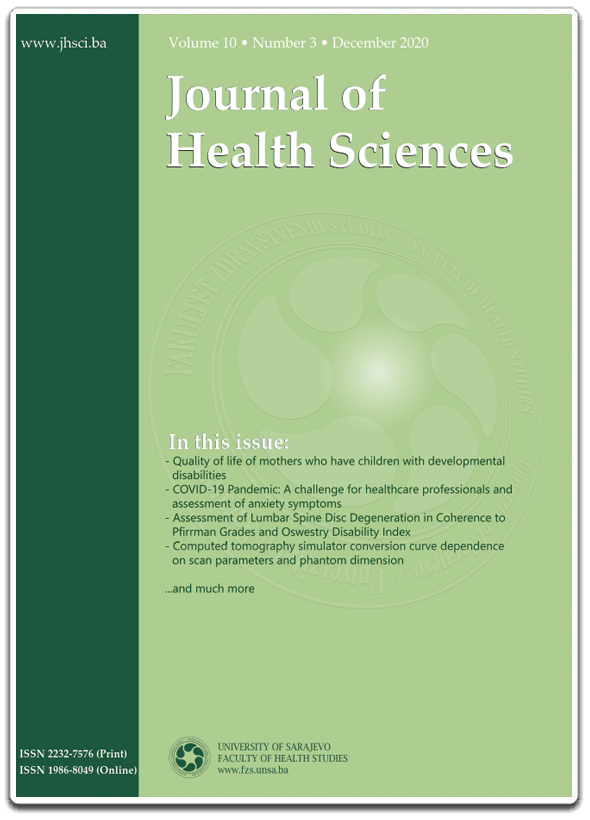Medication Adherence to Type 2 Diabetic Patients Hospitalized at a Tertiary Care Hospital in Bangladesh
Diabetic Medication Adherence
DOI:
https://doi.org/10.17532/jhsci.2019.818Keywords:
Medication adherence, type 2 diabetes mellitus, oral hypoglycemic agents, comorbiditiesAbstract
Introduction: Diabetes Mellitus (DM) has been a global epidemic in the new millennium and the majority of all diabetic patients constitute Type 2 diabetes mellitus. Medication adherence to prescribed treatments is a key determinant to achieve therapeutic success reduces diabetic complications. The aim of the study was to examine the level of medication adherence to Type 2 diabetic patients hospitalized at tertiary care hospital in Bangladesh.
Methods: The study was descriptive cross-sectional design. A total of 112 Type 2 diabetic patients were conveniently recruited from tertiary care hospital in Bangladesh.
Results: The mean age of the participants was 57.46 (SD=11.65) years. More than half of the patients (60.7%) were male and majority of them (94.6%) were married. The mean score of diabetic medication adherence was calculated as 26.46 (SD=1.58). Adherence to diabetic medications was significantly associated with age (p=.01), occupation (p=.003), duration of DM (p=.003), oral hypoglycemic agents (p=.02), HbA1c (p=< .01) and Fasting Blood Sugar (p=< .01). Medication non-adherence significantly found in patients with presence of diabetic retinopathy (p=<.01), microalbuminuria (p=.01), dyslipidemia (p=.006), hypertension (p=.01) and other chronic diseases (p=.01).
Conclusion: The level of medication adherence among Type 2 diabetic patients was found to be suboptimal. Good adherence has beneficial effects on HbA1c and FBS. For improving adherence particular focus should pay to diabetic patients with different age groups and the presence of comorbidities.
Downloads











